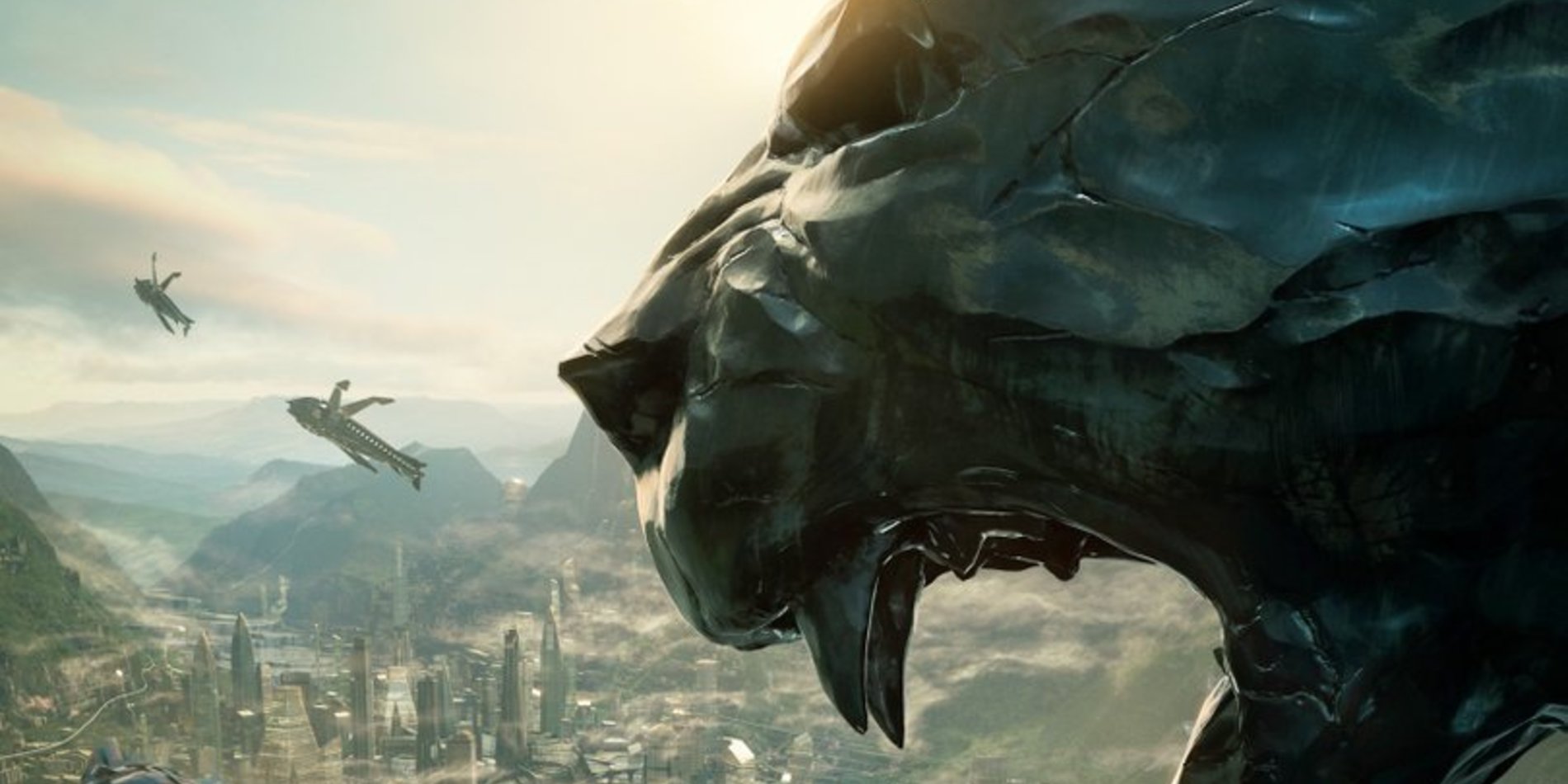COMPLIT 55N: Black Panther, Hamilton, Díaz, and Other Wondrous Lives
Course Description
This IntroSem concerns the design and analysis of imaginary (or constructed) worlds for narratives and media such as films, Broadway musicals, and sci-fi literary texts. The seminar's primary goal is to help participants understand the creation of better imaginary worlds—ultimately all our efforts should serve that higher purpose. Some of the things we will consider when taking on the analysis of a new world include: What are its primary features—spatial, cultural, bio-historical, fantastic, cosmological? What is the world's ethos (the guiding beliefs or ideologies that characterize the world)? What are the precise strategies that are used by the artist to convey the world to us and us to the world? How are the text’s major and minoritized characters connected to the world? And how are we—the viewer or reader—connected (through imaginary transference) to the world? Students will have opportunities to explore and develop their own analysis of these new worlds through class discussions, presentations, and essays.
Meet the Instructor: José David Saldívar

"Born and raised in the Global South of Brownsville, Texas, my most vivid memory is not so much of my family (four brothers and two sisters) but of the house on 214 Vilma Street where I lived with my parents and my grandparents. Sometimes I wake up with the feeling that I've dreamed that I'm in that house. Not that I have gone back there but that I'm there. It was a house full of my family but also absent relatives. I am beginning to write a border memoir or hauntology in which I will attempt to recover it and master my memories of it. It's a book I've carried inside me for decades.
"I spent my early years exploring U.S.-Mexico border culture and music, and I attended Our Lady of Guadalupe Catholic School. A first-generation college student, I majored in literature at Yale, and completed my Ph.D. at Stanford University in English and Comparative Literature. Throughout my career, I have been interested in understanding how literature's complex narrative logic and its broad ideological horizons work. Is literature an extended metaphor?
"For me, comic books like Black Panther, science fiction texts such as Oscar Wao, and Broadway plays and mixtapes like Hamilton are neither prophecy nor folklore but parables of our times. For instance, it's hard to imagine reading Junot Díaz's Pulitzer Prize-winning sci-fi novel The Brief Wondrous Life of Oscar Wao without seeing how the hero's immigrant articulation of estrangement or alienation is tempered by the reality of what is bio-historically, physically, and socially possible. Díaz's novel evaluates which possible futures are better or worse for Oscar Wao and, by extension, for us.
"I am interested in teaching this seminar in order to see how and why Black Panther, Hamilton, Oscar Wao, and other wondrous lives often erupt as a blow against the world as it is.
"Among my previous books are The Dialectics of Our America; Border Matters; Trans-Americanity; and Junot Díaz and the Decolonial Imagination. My latest book, Junot Díaz: The Half-Life of Love, is in press. Before coming to Stanford in 2010, I was the Class of 1942 Professor of English at the University of California, Berkeley. Presently, I am the Leon Sloss, Jr. Professor in the Department of Comparative Literature and the Center for Comparative Studies in Race and Ethnicity (CCSRE) at Stanford."



